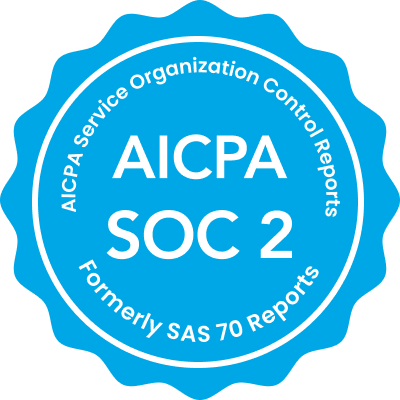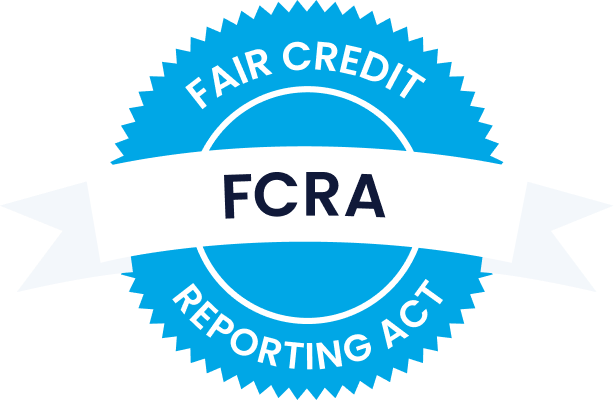According to the U.S. Small Business Administration, 50% of all small businesses begin as home-based operations. As a landlord, this means there’s a good chance your next resident will run a business from your rental.
But can a tenant run a business from a rental property in the first place? The answer is yes. A resident is legally allowed to do so. However, this exposes you to more risks, including fines for zoning violations, complaints from neighbors about excessive noise, and hefty lawsuits from the renter’s customers if they get injured while they’re at your rental property.
Before allowing residents to conduct business from your property, consider how granting this privilege will impact you. In doing so, you’ll better understand your risks and can take steps to protect yourself.
Should I allow my tenant to run a home business?
While it’s perfectly legal for a tenant to run a home business from your rental property, they can only do so with your explicit permission. Before you permit them to set up shop, get acquainted with how their business operates.
Determine the type of business
Home-based businesses can differ significantly in scale, complexity, labor involvement, and cost. While there are many ways to differentiate them, you can start by classifying them according to the following categories:
An in-person business will require customers to be physically present at your property for the resident to perform their service. Some examples are a hairstylist, massage therapist, and personal trainer. Rental arbitrage also falls into this category.
A digital business allows the tenant to deliver their product or service online. Some examples are a graphic designer, writer, tax preparation expert, and virtual assistant. Some business consultants, financial planners, wedding planners, tutors, and therapists also offer their services online.
A homemade goods business requires the tenant to engage in physical labor to create a product for customers. They may use various materials, tools, and equipment for their job, which they will likely store on-site, in this case, your rental. This category of home-based businesses includes carpenters, chefs, and artists.
Naturally, a traditional business with a physical presence will be less discreet and more likely to cause disruption. Customers will enter and leave the premises continuously. Packages will arrive through the mail regularly. Inventory will pile up in and around your property. In short, more things can go wrong.
Conversely, a digitally-focused business is more lowkey. It requires little physical equipment besides a computer, and meetings with customers are usually carried out using video conferencing platforms. Online businesses generally pose little risk to you as a property owner.
Understand the risks associated with the business
Some businesses are inherently riskier than others, so it’s crucial to weigh the costs and benefits of each on a case-by-case basis. Here are some potential risks associated with a home-based business to consider.
Zoning violations
Depending on the nature of their operation, your tenant could violate local zoning laws by conducting business on your property. For example, your municipality may forbid companies that produce excessive noise from operating in residential zones. In addition, your renter may have to obtain one or more licenses or permits to engage in their business. If they lack the proper paperwork or break local zoning laws, you, as the owner, could be found liable for their negligence.
Disruption to neighbors
A home-based business can make life unbearable for your neighbors. For example, your tenant’s customers may take up parking spaces, leading to overcrowding. Or your renter may conduct their work long into the night, making excessive noise when everyone else is asleep. These scenarios are more likely to occur in condos, where many residents live close to one another, separated only by thin walls.
Increased exposure to liability
Suppose the tenant’s customers routinely visit the property. In that case, there’s a greater likelihood of someone getting hurt. Should a third party sustain a severe injury, they could sue you as the property owner. Given the elevated risk posed by a home-based business, you could face a hike in your insurance premium. Your insurance company may also deny your claim if the accident relates to the resident’s business activity.
Safety and privacy issues
Safety and privacy could be an issue if your tenant runs a business with heavy foot traffic. Having many customers, vendors, and employees entering the premises could increase the risk of burglary. Your neighbors may share similar security and privacy concerns, primarily if your rental is part of an apartment or condo complex.
Potential for property damage
A home-based business could increase the chances of damage to your rental. For example, a renter who handles large volumes of inventory may accidentally scratch the floorboards or puncture holes in the walls. Similarly, if your tenant runs a catering business, the risk of a fire breaking out in the kitchen is higher. Your insurance provider may decline to cover the cost of repairs or only do so if you purchase additional coverage for your policy.
Tenant financial problems
A business owner is more likely to experience drastic income swings than one with a steady full-time job. They may fall behind on their rent if their business doesn’t make money. As a result, your profit margin will suffer.
Steps to manage home business risks at your rental
Before you allow your renter to operate a business from your rental property, create a plan for dealing with the risks that come with doing so.
1. Address home-based businesses in your lease agreement
Set up clear expectations from the beginning of the tenancy by defining the rules around operating a home business in the lease agreement. At the minimum, list the types of businesses you won’t permit on your property. Make your decision based on your level of comfort and the amount of risk you’re willing to bear. Be sure to extend your ban to business activities that violate local zoning laws, too.
You may also include specific conditions in the lease. For example, you could allow your tenant to meet with their customers online, but disallow in-person visitations to minimize foot traffic and liability risks. You could also restrict the size and scope of the resident’s business. Once their operation grows too large or they hire employees, they must move elsewhere.
Here are some other areas you may want to cover:
- Displaying advertising on the property
- Proper storage of inventory and equipment
- Acceptable noise levels
- The addition of extra structures to the property, such as a shed
- Parking for customers
2. Ensure your tenant has the necessary licenses and permits
Inform the tenant that they must obtain all the required licenses and permits before starting operations. They must also comply with all local and state ordinances and register their business if needed. Doing so will protect you from fines and possible lawsuits resulting from dangerous and illegal activities on your premises.
3. Get the necessary insurance coverage
A resident who is running a business from your property exposes you to more risks. As a result, you or your tenant must have the appropriate insurance policy before any commercial activity begins.
Familiarize yourself with your home or landlord insurance policy to understand the level and scope of your coverage. Look for any gaps that could leave you financially vulnerable. If you need clarification on something, consult with your insurance agent.
You may need to add extra coverage to your policy for business-related risks, which may increase your premium. In some cases, your insurance provider may refuse to extend your coverage or not offer the protection you need. As a result, you’ll need to switch to a new provider or secure a stand-alone policy elsewhere.
Alternatively, you could request that your tenant acquire the necessary insurance coverage. While they may have renter’s insurance, this policy doesn’t provide coverage for damages and losses arising from a business.
Instead, your tenant should look into purchasing commercial general liability insurance. This type of insurance will protect them against third-party injuries and property damage due to business-related activities.
4. Choose a rent price that accurately reflects your costs
Ensure your rent fee is high enough to offset the additional costs of allowing a home-based business on your property.
A resident who works from home will consume more energy and other resources than one who regularly commutes to their place of work. As a result, you can expect higher utility bills for electricity, water, and the internet.
Also consider the cost of frequent repairs if there is more wear and tear due to a renter’s home business.
Our final thoughts
As a landlord, it’s up to you to determine what, if any, business you’ll allow tenants to conduct from your rental property. Get to know the ins and outs of various home-based businesses and the risks each poses before making your decision. Then, set up clear rules and expectations in your lease regarding business activities. Ensure your tenant complies with all local and state regulations and obtains necessary licenses before starting operations. And request that they have proper insurance coverage in place.
Effective risk management is key when giving residents the green light to run a business from your property. Learn how SingleKey’s Rent Guarantee can help you reduce these risks and protect your rental income.





